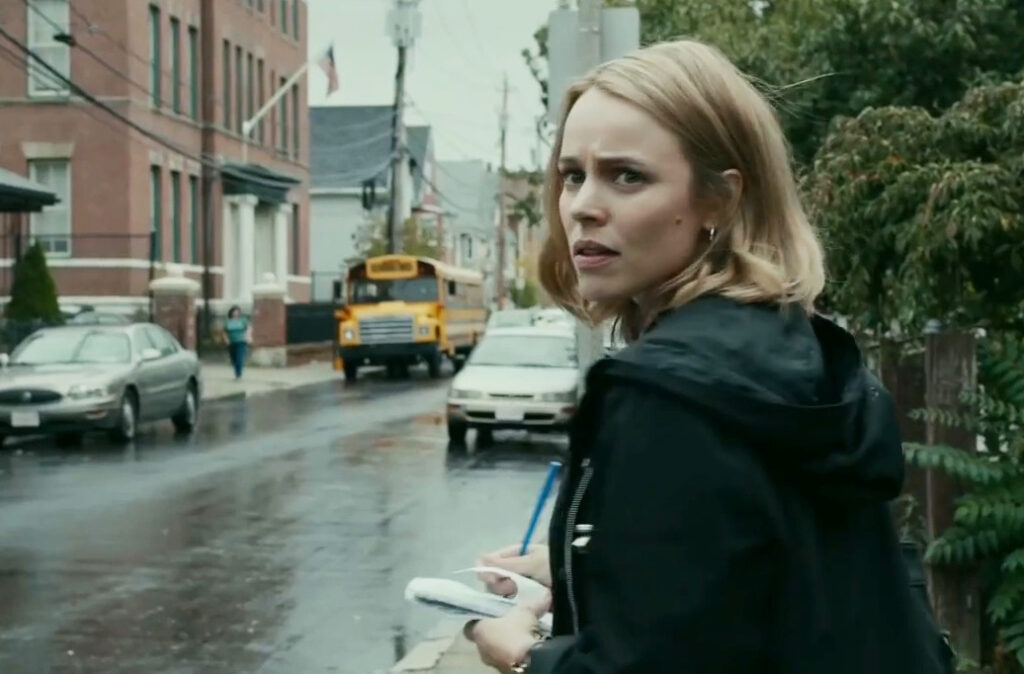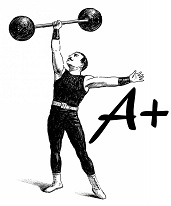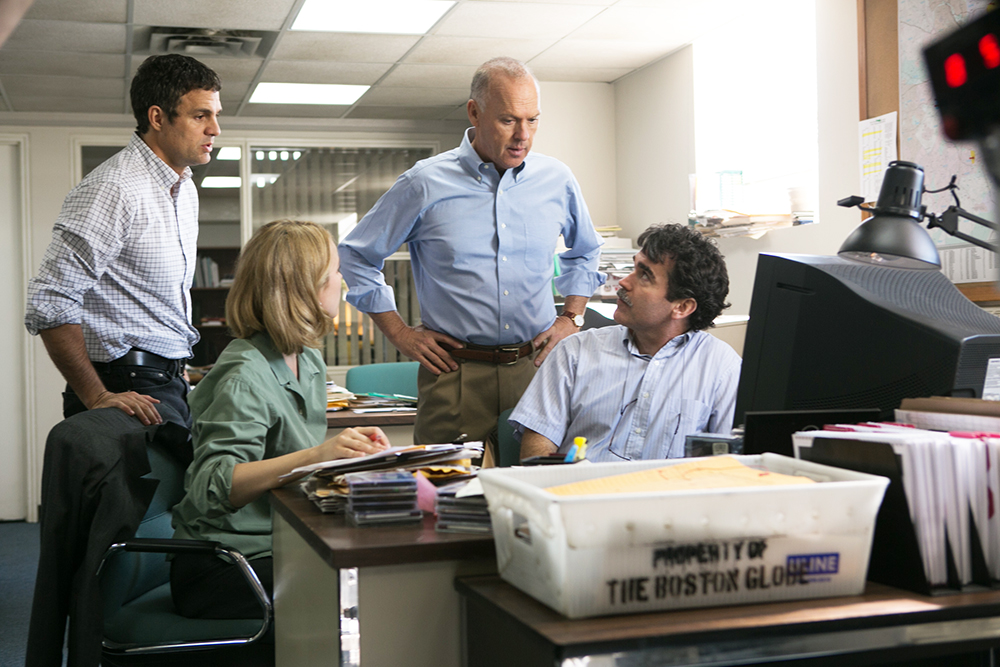“Spotlight” must have been difficult to make. It’s a story about sexual abuse in the Catholic church, over a span of decades in the City of Boston, covered up by the Archdiocese, and propagated by the very people parishioners had given their trust to. The story broke on January 6, 2002, just 15 months after 9/11, brought to the public eye for the first time in its entirety by a handful of Boston Globe reporters.
That this story was brokered by a group of journalists who also happened to be lapsed Catholics is only a small piece to why this movie works so well. That the film won two Oscars (“Best Motion Picture,” “Best Screenplay”) shows the risk it took paid off. But while this movie is about anger and hurt, it is not about revenge. With a stellar cast, top-notch performances, and thoughtful production, “Spotlight” makes the short list of the best films I’ve seen this year.
It takes an outsider to broach a topic like this. Director/writer Tom McCarthy, an actor in films such as “Meet the Parents” and “Flags of Our Fathers” seems to be that outsider. So it seems is Liev Schrieber, who plays Marty Baron, a new editor brought in to the Boston Globe when a senior editor retires. His first order of business is to put the Spotlight team—a small team of reporters known for in-depth and lengthy research—on the case of John J. Geoghan; Geoghan, who had allegedly raped or molested 130 people during his time as a priest.
The research leads to much more than any of them could anticipate—implicating not just Geoghan, but the Archdiocese itself.
McCarthy (who co-wrote the screenplay with Josh Singer) has clearly taken his time with this film, and it shows. The first thing he does right is to paint the effects of this shadowed secret of Boston as horrifying; pointing less a finger at priests, and more at the systemic coverups that allowed it, and the pain left in its wake. McCarthy shows this in many ways, such as a somber score, intimate camera shots, and acting that is every bit as immediate as the film’s subject matter.
It’s hard to find a best actor here. All the main players—Michael Keaton, Rachael McAdams, Liev Schreiber, Mark Ruffalo—shed other famed roles and simply become these characters. Keaton’s been in a newspaper film before, the great “The Paper,” but in that movie was manic and is here toned down and morose. Ruffalo, known of late for portraying Marvel’s ‘The Incredible Hulk’ is, actually, manic, anxious, and a mile-a-minute talker. And a hard worker. McAdams is solid and forceful here, becoming at once a top-notch sleuth and protector of her grandmother at the same time. And Schreiber is just great. He’s serious, by the book…daring. He leaves his short cameo from “X-Men Legends: Wolverine” completely in the dust here. As a conscientious lawyer, Stanley Tucci makes an appearance, and is great as usual.

“Spotlight” is about discovery, and as such deals with the many priests’ victims. They are deposed by journalists as they would be by lawyers; especially as it seems the journalists seek to do what lawyers have been unable to. The victims are all acted wonderfully, portraying a variety of types. Some are family men, some are gay, some are straight, some are businessmen, and all are healing from decades-old wounds. Addictions, depression, hopelessness line their past. “They’re the lucky ones,” a character remarks. “They’re still alive.”
There are fantastic scenes in this film. Two stick out, both poignant in their effect. One, as Ruffalo’s Mike Rezendes (who is credited with writing the published article), angrily shouts for the paper to print the article before its time for fear of the crimes being swept once again under the rug. The second again features Rezendes, as he stands on a porch at night in the bitter cold, recounting to a fellow Spotlight member of how he used to enjoy church as a child—and before reading irrefutable evidence of these priest’s crimes, had hoped to one day go back.
The molested boys and girls aren’t the only victims in this movie; so are the authors of this groundbreaking journalism. Some are bitter, some are lapsed Catholics, and still others (such as Keaton’s Walter Robinson) realize shockingly that perhaps it was only luck this didn’t happen to them.
“Spotlight” is tightly-shot at only 2 hours and 8 minutes, and there’s not one wasted shot here. The soundtrack is doleful and somber, providing penance for the crimes it details throughout. It highlights the trade, specifically investigative journalism, and presents the job as a lofty ideal, not merely a tabloid sensation. The movie is filmed with every bit the urgency of “All the President’s Men,” and covers the abuses rationally, thoroughly, and truthfully—shying away from attacking religion in the process. A lazier film may have; but “Spotlight” knows better.
All in all, “Spotlight” is a high recommend. With focused acting, a nearly flawless script, and a sober ending, this is not a film that will fade easily when the credits roll.


